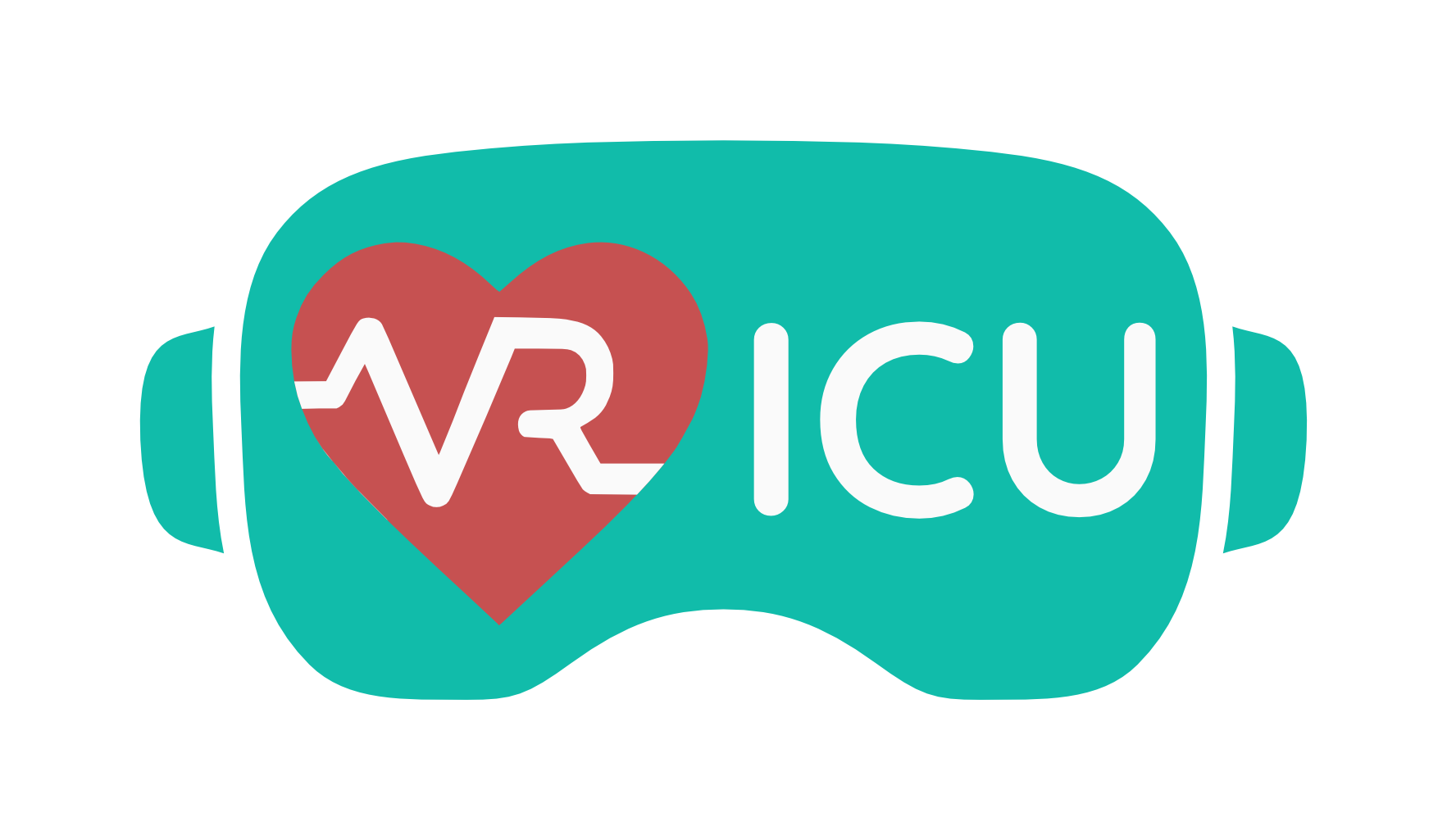
VR ICU
 https://vricu.tech
https://vricu.tech info@virtual-lab.cz
info@virtual-lab.czAbout company
VR ICU : unique skills-based training ensures the delivery of the only appropriate care in critical situations, significantly reducing error rates and helping to save real lives through virtual training.
Virtual Reality (VR) simulators are emerging as next-generation options in medicine to complement traditional training: training in VR is largely independent of resources, location and face-to-face contact, combines learning of theory and practical applications, and allows for unlimited repetition.
Highly trained medical staff is essential for the safe operation of the facility. Ensuring such comprehensive skills was particularly difficult given the shortage of doctors and nurses during the COVID 19 pandemic.
In collaboration with hospitals, medical device manufacturers and universities, and with support from the Ministry of industry and trade, we developed - in a Virtual lab - VR training platform for ICU staff. Using a VR headset with controllers, trainees are immersed in a digital VR ICU environment with specific devices they choose from a list of devices.
The virtual device is a digital twin of the real device and responds to manual input from the user. A digital trainer guides trainees through a multi-layered didactic digital tutorial: beginners go through step-by-step instructions; experts then perform the tasks without any support.
The training scenario is prepared with doctors and manufacturers to replicate the actual procedure. Multiplayer allows group learning and remote training.
The VR ICU can be extended in the future, for example, with patient-device interaction scenarios using artificial intelligence.
VR ICU promises to be a very valuable tool for training medical personnel - both during and after a pandemic.
VR ICU has great potential for medical device manufacturers in many areas:
- the VR ICU is designed as a training unit for hospitals; the hospital chooses the devices it actually uses and builds a real version of the VR ICU.
- It is designed for medical schools and universities and postgraduate studies as an effective tool for simulation medicine.
- the competitiveness of manufacturers lies not only in the quality of the product but also in the quality of customer care, and VR is clearly a direction that modern companies will use for user-friendly and effective training to maximize the benefits of their sophisticated products.
- Another option is remote maintenance training. The digital platform allows for collaborative meetings in the digital world in the same environment and working with 3D models
- The model created for the VR JIP is a unique and effective marketing and sales tool that meets the needs of the present time and simplifies the presentation and communication of products in an era of limited travel.
Major manufacturers of medical technology B.Braun, Fresenius MiCo, Hamilton, collaborated to develop a prototype to make their devices part of the first VR ICU.
The VR ICU is being used by the first hospitals and universities and simulations centre in the country and they are involved in the scenarios and selection of other devices suitable for digitalisation, as well as the manufacturers themselves.
Collaboration on further development is ongoing with hospitals, universities and manufacturers in Germany, the US and Brazil.

